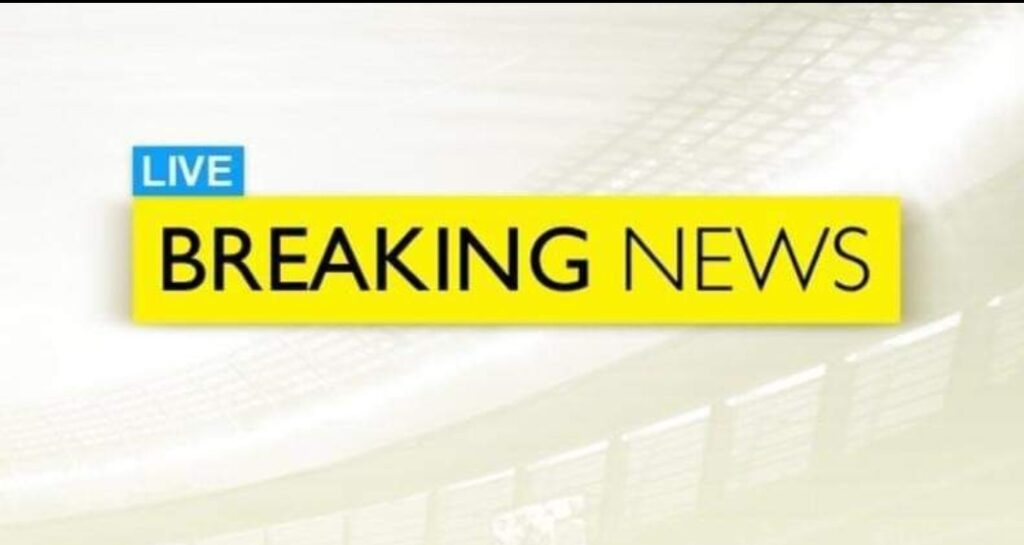The term “LiVARpool” gained momentum on social media following a contentious incident during the Liverpool vs. Chelsea match. In the 23rd minute, Diogo Jota scored, but Chelsea contended they deserved a penalty before the goal.
Conor Gallagher’s clash with Virgil van Dijk in the penalty area didn’t lead to a penalty, with VAR supporting the referee’s decision. Chelsea fans expressed frustration on the X platform, questioning why the incident wasn’t deemed a penalty, casting a spotlight on Liverpool’s VAR usage. Some criticized Liverpool’s VAR decisions as unacceptable, while others labeled them as absurd, drawing widespread criticism for their impact on the game.
Compounding Chelsea’s troubles, Conor Bradley scored just before halftime, further extending Liverpool’s lead. Reports indicate that the Premier League is planning substantial VAR modifications for the next season due to the disputes this season. Ongoing controversies, such as disallowed goals and questionable handball decisions, have spurred demands for VAR adjustments. Howard Webb, PGMOL chief, conceded an error in not awarding Liverpool a penalty against Arsenal in a handball incident.
The outcry over VAR decisions has fueled discussions about the need for reforms, with the acknowledgment of mistakes contributing to the call for changes. The term “LiVARpool” encapsulates the frustration felt by fans, emphasizing the scrutiny on Liverpool’s VAR-related choices. As the Premier League considers modifications, the spotlight remains on the impact of VAR controversies on the dynamics of football matches, prompting a broader conversation about the role and effectiveness of technology in officiating.
